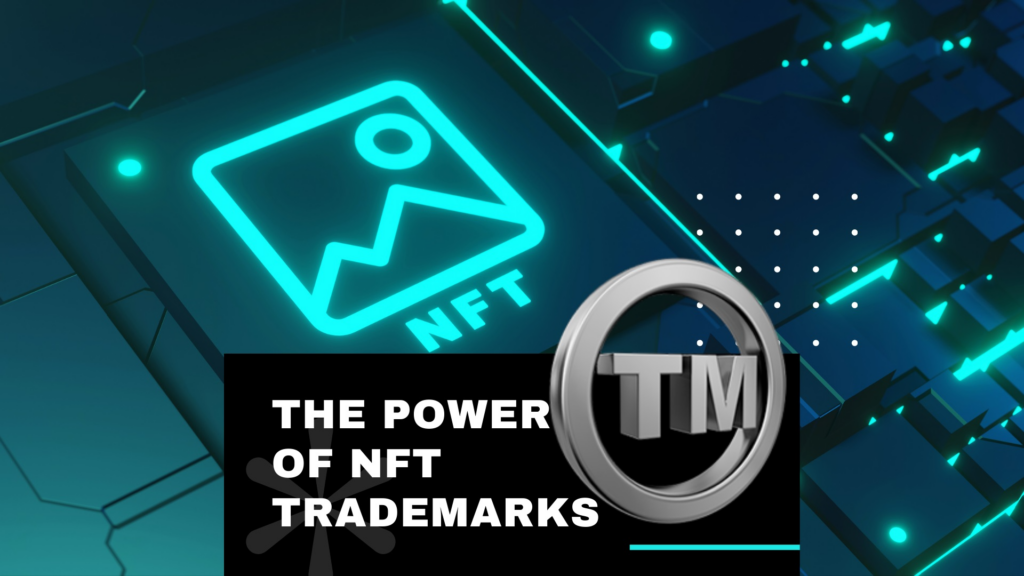Immutable and Tamper-Proof Records
One of the key benefits of utilizing blockchain technology for trademark registration is the immutability and tamper-proof nature of the records. Blockchain operates on a decentralized network of computers, making it extremely difficult for any single entity to alter or manipulate the data stored within. Once a trademark is registered on the blockchain, it becomes an indelible record of ownership and date of first use, providing enhanced protection against fraudulent claims or disputes. In contrast, USPTO records can be subject to human error, administrative mishaps, or even intentional manipulation, potentially jeopardizing the legitimacy and security of registered trademarks.

Enhanced Transparency and Authenticity
Blockchain-powered NFT trademarks offer a high level of transparency and authenticity that surpasses the conventional USPTO registration process. The blockchain provides a publicly accessible and verifiable ledger where the details of the trademark, including ownership and licensing agreements, are securely stored. This transparency ensures that the trademark’s provenance can be easily traced and verified, mitigating the risk of counterfeit goods and unauthorized use. In contrast, USPTO records may not be as easily accessible or transparent to the public, creating potential uncertainties regarding the legitimacy of a trademark.
Global Accessibility and Efficiency
NFT trademarks registered on the blockchain eliminate the geographical limitations and bureaucratic complexities often associated with USPTO registration. Blockchain technology operates on a decentralized network, enabling trademark owners to register their marks and protect their rights globally, without being confined to a specific jurisdiction. This accessibility and efficiency offered by blockchain ensure that creators and businesses can secure their trademarks in a more streamlined and cost-effective manner compared to the traditional USPTO route, which often involves lengthy application processes and substantial fees.
Smart contracts, a fundamental aspect of blockchain technology, can be integrated with NFT trademarks to automate licensing agreements and royalty payments. Once a trademark is tokenized as an NFT, it can be programmed to automatically execute licensing contracts and distribute royalties to the trademark owner. This feature enhances efficiency, reduces administrative burdens, and ensures prompt and accurate royalty payments. In contrast, USPTO registration does not inherently provide such integrated mechanisms, requiring manual contract negotiations and administration.
While USPTO registration has long been the standard for trademark protection, the advent of NFT trademarks registered on the blockchain presents a compelling alternative. The immutable nature of blockchain records, coupled with enhanced transparency, global accessibility, and smart contract integration, positions NFT trademarks as a superior option. As the digital landscape continues to evolve, embracing blockchain technology for trademark registration can provide creators and businesses with an innovative and secure means of protecting their intellectual property rights.
